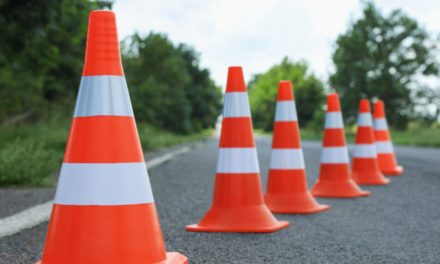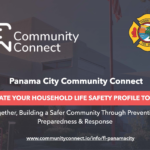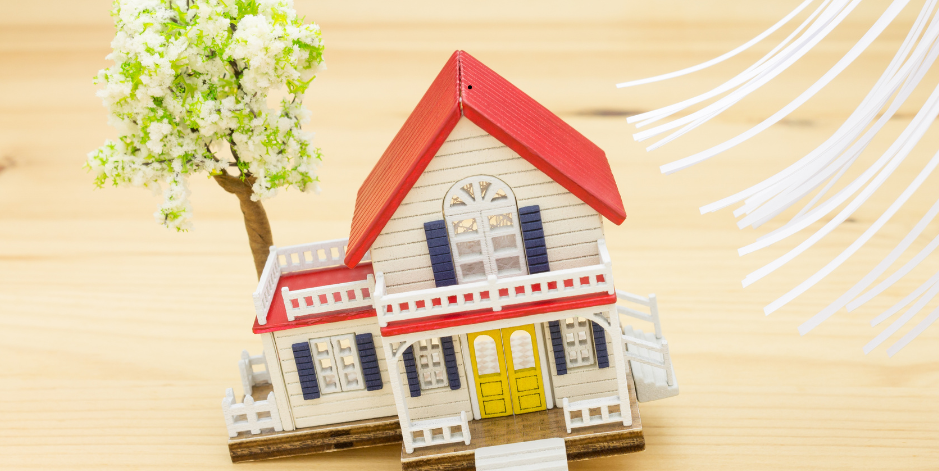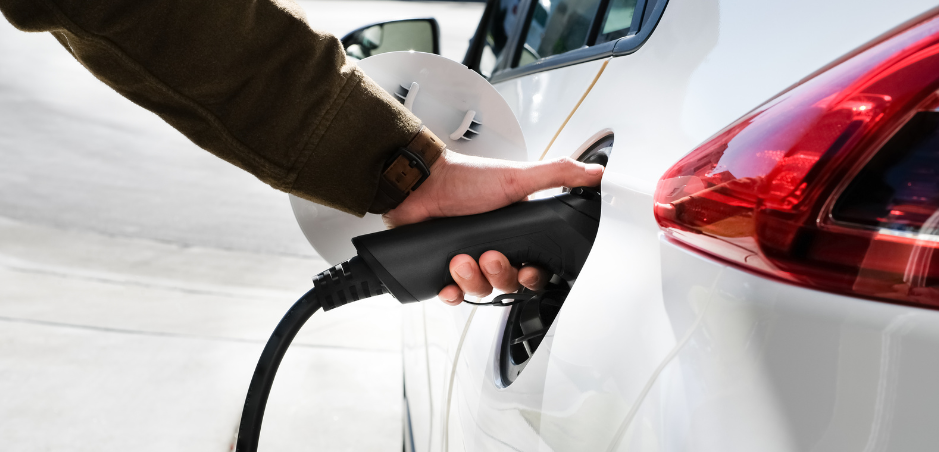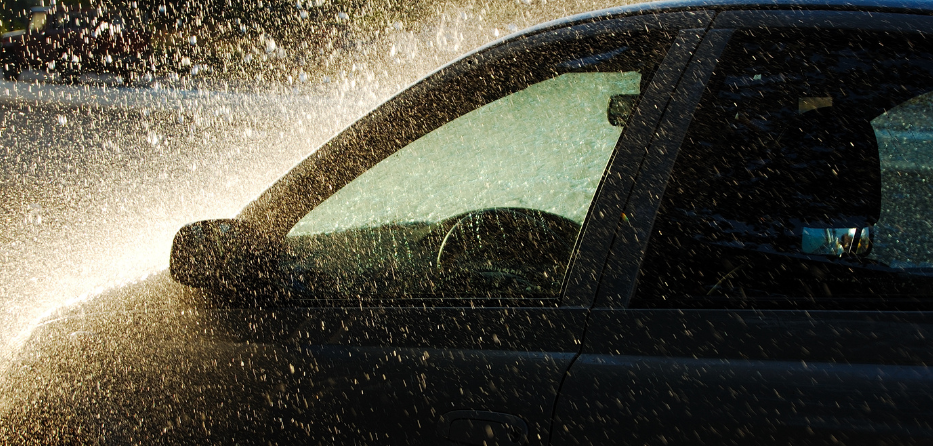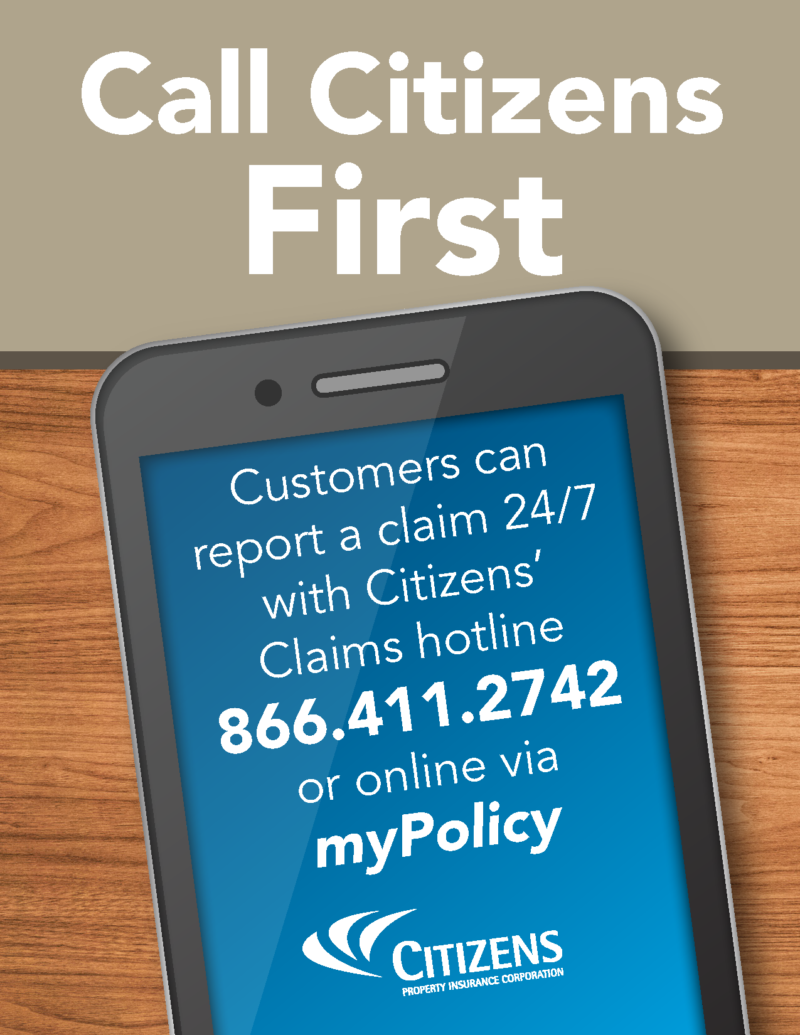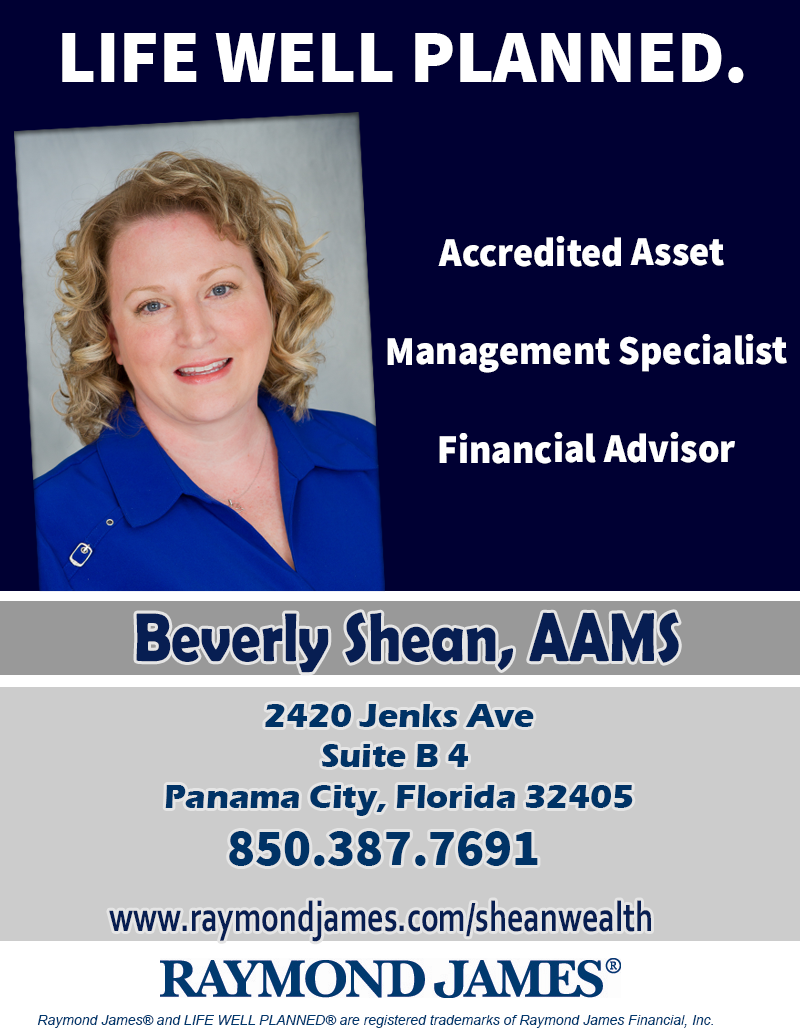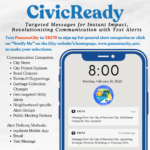
AAA’s Hurricane Insurance Tips for Milton
AAA PROVIDES INSURANCE ADVICE AS FLORIDIANS PREPARE FOR HURRICANE MILTON
AAA explains the hurricane deductible for victims of Helene and Milton
TAMPA, FL – AAA is providing insurance advice for Florida residents who are preparing for Hurricane Milton. This includes advice for those who already suffered damage from Hurricane Helene.
“Now is the time to gather supplies, fortify your home and document your belongings,” said Jennifer Pintacuda, President of AAA’s Florida-based insurance providers. “Those who suffered damage from Helene should take photos and save receipts from any associated expenses. Then do your best to minimize any outside debris that Milton could blow around.”
Explaining Hurricane Deductibles for Victims of Hurricanes Helene and Milton
Typically, homeowner’s insurance policies require an insured to pay a hurricane deductible when filing a claim for wind damage associated with a hurricane. Insureds are only required to pay this deductible once per calendar year, regardless of the number of hurricanes that affect their property. So, if a policyholder received wind-related damage from Hurricane Helene, then again from Milton, they typically only pay one hurricane deductible. This can vary by provider. However, this does not apply to those who file a claim for flood damage, which is a separate policy. Most flood insurance policies impose a deductible for each new flood event.
AAA provides the following insurance advice:
- Protect your property. Trim trees near your house. Gather materials to make sandbags and board up windows, if necessary. Bring in loose items like patio furniture, bikes and children’s toys – which could all turn into dangerous projectiles in strong winds.
- Protect your vehicle from flood waters. If your area is at risk of storm surge or prone to flooding, move your vehicle before the storm. Consider parking at a garage, friend’s house, or lower risk area for the duration of the storm. To reduce the risk of fire, prevent flood waters from reaching EVs or anything with a lithium-ION battery.
- Review your home insurance policies to ensure you have adequate coverage for any damages. Your homeowner’s policy covers wind damage, but not flooding. If you do not have flood insurance, there is typically a 30-day waiting period before new policies take effect.
- Review your auto insurance policy to ensure you have “comprehensive” coverage. This helps with vehicle damage like flooding or if a tree falls on it.
- Store important documents in a portable waterproof container. Documents could include insurance policy information, birth certificates, social security cards, and more.
- Take Inventory. Document your belongings by walking through your home with a video camera or smart phone. Keep a record of large purchases including the cost of the item, purchase date, and model and serial numbers.
Additional Tips for Electric Vehicle Owners
- Charge: Be sure to fully charge your battery before the storm arrives. A storm could knock out power for days, and you might not be able to recharge if you need to evacuate or seek medical assistance.
- Disconnect: After you’ve fully charged your car or truck, completely disconnect the cables from the charging port. Power surges during the storm could damage the vehicle.
- Turn Off: If you have a home charging station, turn off the power to it to avoid electrical surges damaging the station or your home.
- Elevate: If your region is prone to flooding, store the vehicle in an elevated area far away from rising water.
If Rising Water Surrounds your Parked Vehicle
- Assess the damage. The severity of the damage will depend on how high the water got. If the water was below the bottom of your doors, your car likely didn’t sustain much damage.
- If water rose above the bottom of your doors:
- Do not attempt to restart the vehicle. Doing so could allow water to get inside your engine, causing irreversible damage.
- Do not open the door until the water level is beneath the door jamb.
- If water entered the vehicle interior, use a wet vac to remove it.
Flood Damaged EVs
Batteries in hybrid and electric vehicles are highly corrosive and should not be exposed to standing water. Flooded vehicles lead to high-voltage shock hazards, which could lead to a fire. If your EV has been exposed to flood conditions and you suspect your battery is damaged, contact your dealer and/or emergency services.
If Your Vehicle Stalls in Rising Waters
- Do not attempt to restart the vehicle. This could cause further damage to the engine and electrical components.
- Escape the vehicle immediately and move to higher ground or a safe location.
Safety Tips for Drivers
“AAA urges drivers to follow the advice of local officials and stay off the road if conditions are unsafe,” said Mark Jenkins, spokesman for AAA – The Auto Club Group. “Tensions are likely to be high with an approaching storm, so be patient and courteous of others on the road.”
If you evacuate:
- Leave early so you are not in a rush
- Slow down
- Avoid distractions while driving
Driving in the Rain
Try to avoid driving while the storm passes through. If you must be on the road, follow these safety tips:
- Turn your headlights on so you can see and be seen by other drivers.
- Slow down. Even new tires can lose contact with the roadway at speeds as low as 35 mph.
- Increase your following distance. Wet roads require more time to slow down and stop.
- Do not use cruise control. The chance of losing control of the vehicle increases when used on wet roads.
- Avoid hydroplaning by driving in the tracks of the vehicle in front of you and letting off the accelerator when approaching puddles. Also avoid hard braking or sharp turns.
- Never drive through standing water. It may be deeper than you think and concealing potholes, sharp objects, or other hazards that could damage your vehicle.
When Visibility is Low
- Do not drive with your hazard lights on. Hazard lights are meant to represent a disabled vehicle. Using them while driving could confuse other motorists.
- Get off the road. When driving on city streets, pull into a safe place like a gas station or grocery store parking lot until conditions improve.
- Take the nearest exit. When driving on the interstate, don’t just stop on the shoulder or under a bridge. If your visibility is compromised, other drivers may be struggling too.
About AAA – The Auto Club Group
The Auto Club Group (ACG) is the second largest AAA club in North America with more than 13 million members across 14 U.S. states and two U.S. territories. ACG and its affiliates provide members with roadside assistance, insurance products, banking and financial services, travel offerings and more. ACG belongs to the national AAA federation with more than 64 million members in the United States and Canada. AAA’s mission is to protect and advance freedom of mobility and improve traffic safety. For more information, get the AAA Mobile app, visit AAA.com, and follow on Facebook, Twitter and LinkedIn.
Angela Small
Radio Production Assistant

